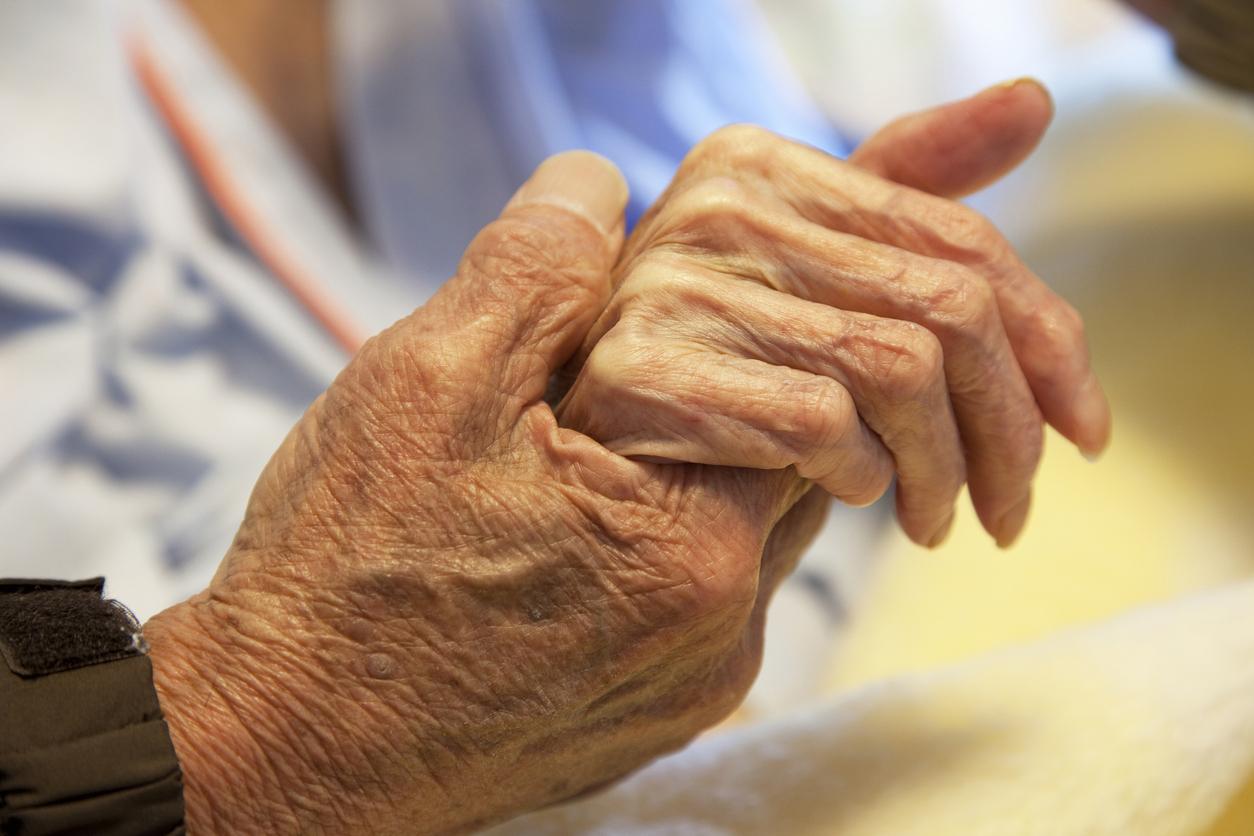Agnès Firmin-Le Bodo, Minister for Territorial Organization and Health Professions, will bring forward the end-of-life bill which must be presented to the President of the Republic before the end of the summer. She was the guest of the show La Santé en Questions for why Doctor and Fréquence Médicale, interviewed by Dr Jean-François Lemoine and Dr Jean-Paul Ortiz, former president of the union of private doctors, the CSMF. Among the questions posed by this text, the opening of a right to assisted dying. But the word “euthanasia” to which this notion refers in everyday language is absent. For what ?

- The end-of-life bill must be presented to the President of the Republic “before the end of the summer”.
- Minister Agnès Fimin-Le Bodo, who carries this text, clarified certain provisions in the program “La Santé en Questions”.
- She explained the absence in the text of the word “euthanasia”, a practice for which the Order of Physicians declared itself unfavorable.
“Nothing has been decided, all avenues are open”, wanted to clarify at the outset Minister Agnès Firmin-Le Bodo who recalled that the text on end-of-life support was based on three parts, palliative care, the law and protection of people and openness of the right to assisted dying. It is of course on this last point that the bulk of the debates should focus during the examination of the text when it arrives at the National Assembly.
Until now, it is on the Claeys-Leonetti law adopted in 2016 that the conditions for the organization of end of life are based, a law which, according to the minister, “does not respond to all situations”which, according to her, would explain that 75% of French people, as they have expressed in several surveys, “want the law to evolve”.
“Reestablishing the word ‘death’ seems important to me”
If the subject of assistance in dying is in fact the heart of this text, the word “euthanasia” does not appear in the bill. For what ? Caution, desire to hide a notion likely to fuel controversies? “The idea is not to euphemize or evacuate the subject of death, replies the minister, this debate reminds us of what our life journey is, one day we are born, one day we die, and we has, undoubtedly for reasons of fear of death, often discarded this term, we speak of the end of life, we say ‘he is gone’; However, the debates we had for the preparation of this text showed us that our fellow citizens need to talk about this, so reinstating the word ‘death’ seems important to me because that is what it is about.”
“References to history that may offend”
But then, why not talk about euthanasia? “We have launched several reflections on the word euthanasia, on the words assisted suicide, on a personal level assisted suicide has always asked me a question about the conjunction between the word suicide and the word assisted and the word euthanasia sometimes makes certain references to story that may offend, so the idea is to talk about assisted dying”.
The position of some doctors, moreover expressed by the Order which refuses euthanasia and declared itself unfavorable to the participation of doctors in voluntarily causing death, is obviously linked to the absence in the text on the end of life of this word ‘euthanasia’. “Intentionally causing the death of a person at their request is today considered a crime in the penal code. also recalled Dr Jean-Paul Ortiz when questioning the minister about a possible change in criminal law if the bill she is to present were to be adopted. “Active euthanasia is in fact considered a crime and even murder by some who are opposed to the evolution of the law – inflicting death is judged by many doctors as not being part of care – and this is the whole subject of the bill”, underlined Agnès Firmin-Le Bodo.
“The modality of assistance in dying is not clear-cut”
The fact remains that this question comes up again and again, particularly through the practical modalities of assistance in dying. “The modality and effectiveness of this assistance in dying is not clear”, she admitted. One of the big question marks lies in one of the criteria set to authorize it: a vital prognosis committed to the medium term. “An engaged vital prognosis, and in what term, this still requires a definition… In medical practice, how can we have a medium-term perspective?”, underlined Dr. Jean-Paul Ortiz. “The Claeys-Leonetti law speaks of short term and this short term has been defined as being a few hours, a few days or even a few weeks. recalled the minister before referring to the situation in the American state of Oregon where assisted dying was put in place 25 years ago and where the medium term is defined at six months with reflection in course on the possibility of extending it to 12 months. “If we cannot clearly define what the medium term is, it is important to give a perspective and the medium term, it would actually be between 6 and 12 months since defining a medium-term vital prognosis is complicated and it “It is important to be able to give ourselves a line, if only in relation to the short term set out in the Claeys-Leonetti law.”
















